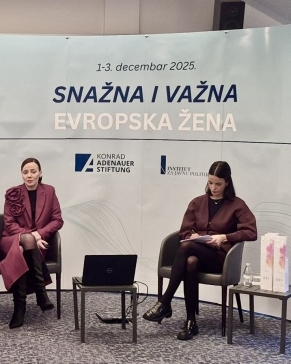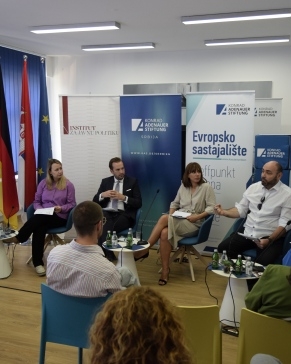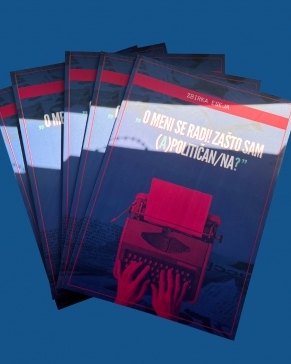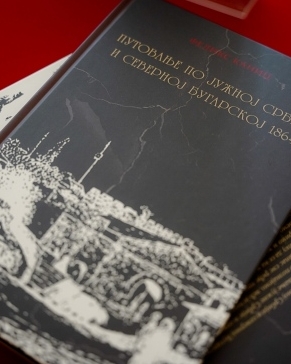
UN High-Level Panel on Post-2015 Development Agenda on 30 May 2013, published the document: A New Global Partnership: Eradicate Poverty and Transform Economies Through Sustainable Development, within which there is a global agenda for the period up to 2030. This document is the result of the process initiated after the Rio+20 Conference, at which by participatory approach of all stakeholders “innovative millennium development goals” are gradually achieved, i.e. the establishment/formulation of sustainable development goals.
As stated, the transformation should basically contain the following postulates:
1. Think about everyone (neglect nobody),
2. Place sustainable development in the centre,
3. Direct economy transformation towards new jobs and inclusive growth,
4. Build peace and efficient institutions, and
5. Open possibilities for new partnerships.
The goals have been illustratively presented. This is the part of the process of working on defining new strategic goals which would inherit Millennium Development Goals (MDGs) when they come to an end in 2015; following Rio+20 conference, UN member states, along with the contribution of all interested groups from the NGO sector, have been working on the harmonization of Sustainable Development Goals (SDGs).
Montenegrin citizens contributed to this process by responding to the question: “Describe Montenegro you would like to live in!“. Report on National Consultations and Post-Millennium Development Goals indicates that Montenegrin citizens pointed out several dominant issues, based on which priorities should be defined in terms of future actions:
Economy, unemployment and incomes
Fight against crime, corruption and nepotism
Equal regional development
Health issues
Equality
Environment
Infrastructure development
Education
Values
Details on the conducted research on the opinions of Montenegrin citizens are available in this Document.
National consultations were also held in the region in Serbia, Kosovo and Albania, and the results could be directed towards regional cooperation by thematic areas which were recognized as significant by the citizens.
Expert team of the Public Policy Institute for the sector of Environment and Green Economy




